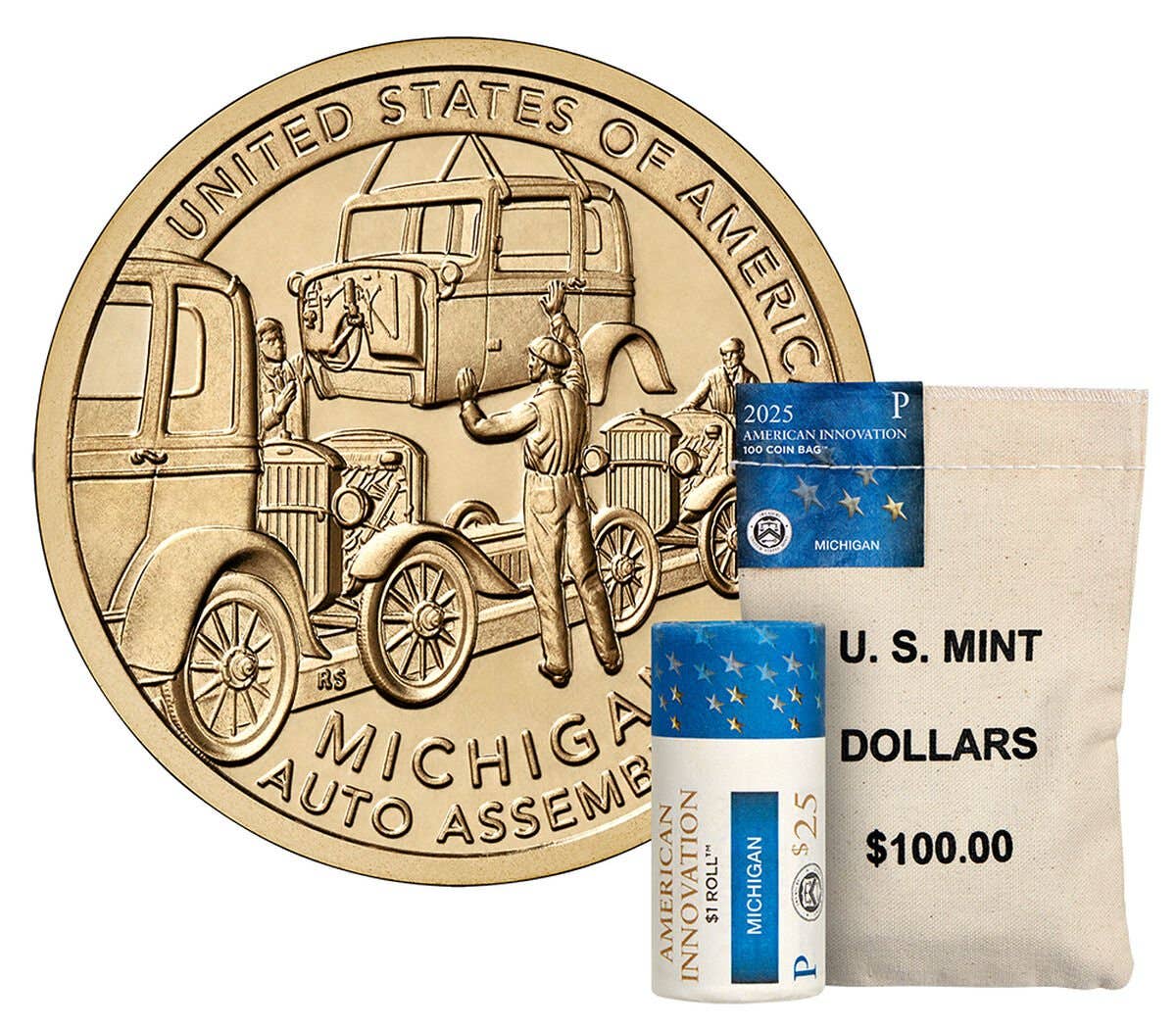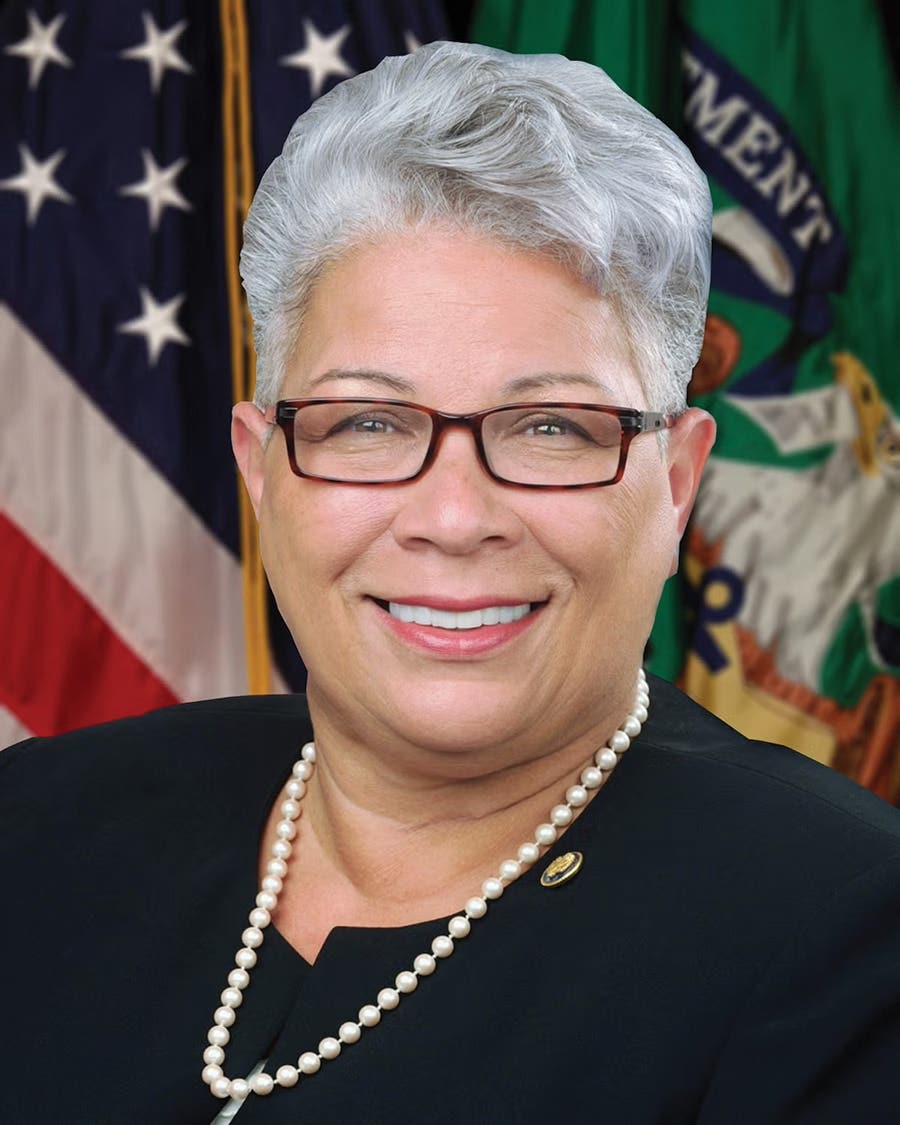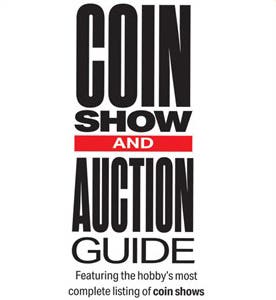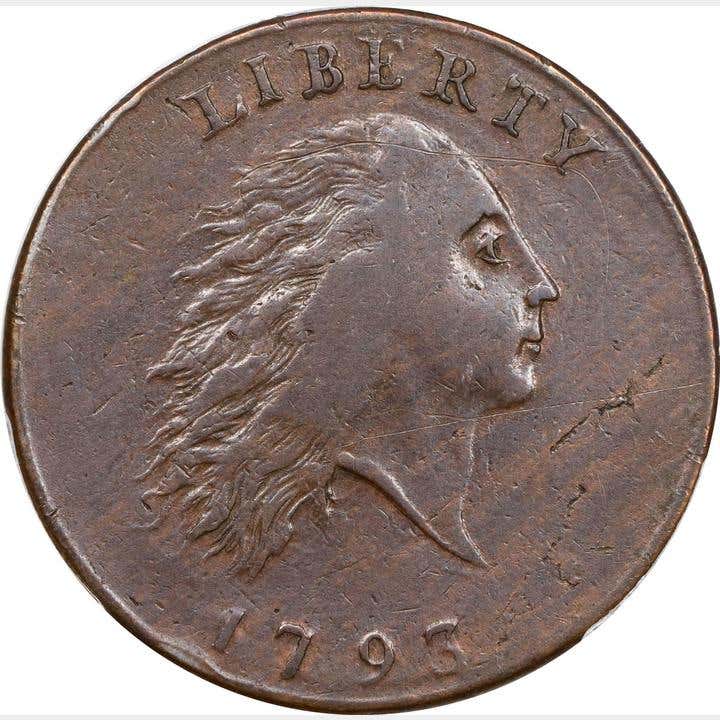Coin And Bullion Sales Tax Exemption 2024 Update
Patrick Heller reviews the latest nationwide state sales tax information on the sale of precious metal bullion and coins.
There are now five states that do not have a state sales tax. There are another 37 that have enacted laws for complete or partial sales tax exemptions on the retail sales of precious metals bullion, coins, and/or currency. The state of Nevada, by regulation (not a law), has a sales tax exemption on precious metal bullion and coins that sell for no more than 50% above face value (practically meaning that there is no sales tax exemption for coins).
The states of Hawaii, Kentucky, Maine, New Jersey, New Mexico, Vermont, and Wisconsin, and the District of Columbia still impose sales taxes on all these products.
The National Coin and Bullion Association (NCBA), for which I am the volunteer Industry Issues Advisor, continues to work to expand the number of states with such sales tax exemptions and to support efforts to keep the existing exemptions from being revoked. There are also related issues on which NCBA works, such as the successful effort last year to remove Oregon’s Corporate Activity Tax from applying to in-state sales of precious metals, bullion, and coins.
This year, there are two exemption efforts in the legislatures of Kentucky and Wisconsin. This week, the Wisconsin Senate Universities and Revenue Committee had Senate Bill 33 on its agenda to establish a precious metal bullion sales tax exemption that would also extend to include any gold, silver, copper, platinum, or palladium coins that have at least 35% content of these metals. If it passes out committee, then it would go to the full Senate for a vote and then be forwarded to the Assembly for consideration. If the Assembly passes it, it will then go to the governor to be signed into law or vetoed.
In Kentucky, House Bill 101 (pages 24-25) and matching Senate Bill 105 have been introduced to establish a precious metals, coins, and currency sales tax exemption. In the previous legislative session, the same bill passed the House and was hopefully going to be included in a last-minute Senate/House bill. However, there was other legislation impacting Kentucky taxes in 2023 that forestalled almost all other tax legislation. Hopefully, the prospects are better for enactment of the exemption in 2024.
You may also like Sales Tax Exemption Prospects in 2023
A precious metals bullion and coins sales tax exemption bill in New Jersey unanimously passed both chambers in early January, at the end of the last legislative session. However, the governor declined to sign the bill, which was then subject to a pocket veto. The main obstacle to the governor signing the bill into law was a fiscal note projecting that the state government would lose at least $4 million in tax collections annually if this became law, so the governor’s staff recommended the veto.
In a last-minute effort to encourage the governor’s signature, I submitted an analysis of the errors in the fiscal note and also noted that it did not include the offsetting increases in tax collections that would result from dealers making increased sales of other merchandise subject to sales tax, the increased employment in the industry as in-state sales rose, and the increased attendance at in-state coin shows bringing more business to the hospitality industry. As a result of my analysis, I am supposed to have a meeting with the governor’s budget staff. Should this meeting result in a change in staff to now support such an exemption, it might be possible to include the language of the exemption bill in the next budget bill that is expected to be adopted by the end of June.
You may also like: Indiana Government’s Confusion Over Sales Tax Exemption
New Jersey is the only state among the twenty most populous in the nation not to have some kind of precious metal bullion, coin, or currency sales tax exemption. Wisconsin and Kentucky are the next two most populous states with no exemptions. If any or all of these efforts are successful in 2024, that will increase pressure on the remaining jurisdictions to join in. Last year, there were exemption bills in the Maine and Vermont legislatures, with no success. It might be possible that new efforts might arise in either or both in 2024.
Members of the National Coin and Bullion Association can visit the website for updated information on the progress of this year’s exemption efforts.
The answer to last week’s numismatic trivia question.
Last week, I asked—Which of history’s greatest scientists served as the Master of the Royal Mint in England for 30 years, during which the Great Recoinage of 1696 took place? Isaac Newton is the answer.
This week’s trivia question
Here’s this week’s question. Who was the first living person to be depicted on US coins or currency? Come back next week for the answer.
Patrick A. Heller was honored as a 2019 FUN Numismatic Ambassador. He is also the recipient of the American Numismatic Association 2018 Glenn Smedley Memorial Service Award, 2017 Exemplary Service Award, 2012 Harry Forman National Dealer of the Year Award, and 2008 Presidential Award. Over the years, he has also been honored by the Numismatic Literary Guild (including twice in 2020), the Professional Numismatists Guild, the Industry Council for Tangible Assets, and the Michigan State Numismatic Society. He is the communications officer of Liberty Coin Service in Lansing, Mich., and writes Liberty’s Outlook, a monthly newsletter on rare coins and precious metals subjects. Past newsletter issues can be viewed at www.libertycoinservice.com. Some of his radio commentaries titled “Things You ‘Know’ That Just Aren’t So, And Important News You Need To Know” can be heard at 8:45 a.m. Wednesday and Friday mornings on 1320-AM WILS in Lansing (which streams live and becomes part of the audio archives posted at www.1320wils.com).








